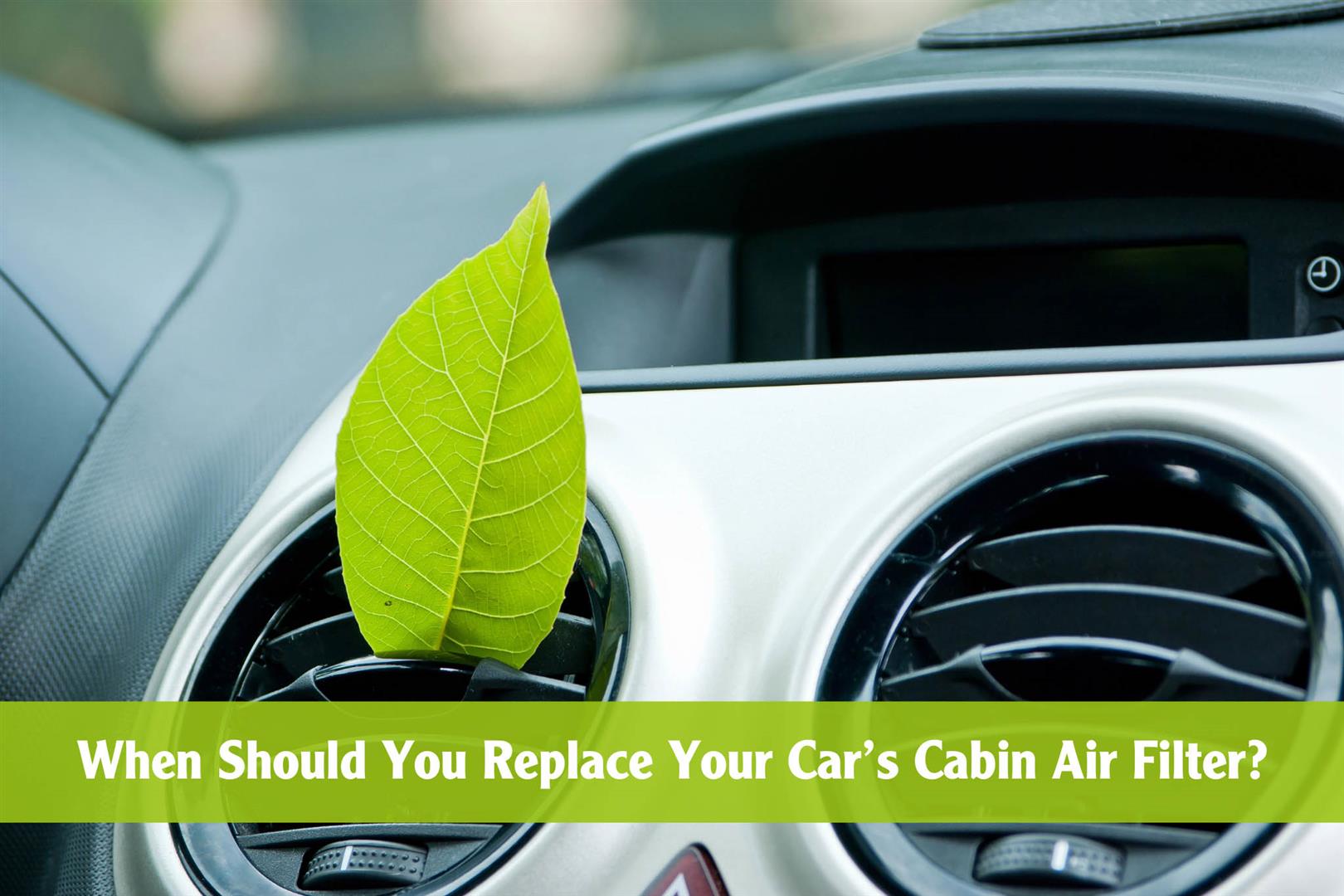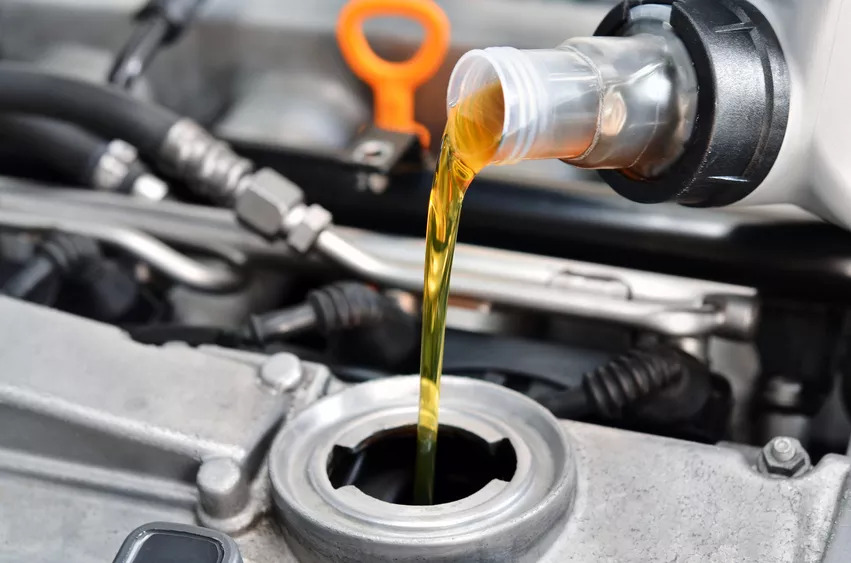Posted on 3/11/2024

When it comes to car maintenance, few things are as crucial as regular oil changes. Engine oil acts as the lifeblood of your vehicle, keeping its moving parts lubricated and functioning smoothly. But how often should you change your oil? The answer isn't always straightforward, as it depends on various factors such as your vehicle's make and model, driving habits, and even the climate you live in. Traditionally, the rule of thumb has been to change your oil every 3,000 miles or every three months, whichever comes first. However, advancements in automotive technology and the widespread use of synthetic oils have extended this interval for many modern vehicles. Most automakers now recommend oil changes every 5,000 to 7,500 miles, or even longer in some cases. While mileage is a critical factor in determining when to change your oil, it's essential to consider time as well, especially for cars that aren't driven frequently. Oil can deteriorate over time, lo ... read more
Posted on 3/4/2024

At the heart of your car's ventilation system lies a humble yet essential component – the cabin air filter. Much like the filter on your home’s furnace, the cabin air filter on your car acts as a guardian, trapping dust, pollen, pollutants, and other contaminants before they enter the cabin through the HVAC system. By doing so, it maintains a clean and comfortable environment inside your car, protecting you and your passengers from harmful pollutants and allergens. Signs Your Cabin Air Filter Needs Replacement Reduced Airflow: A clogged cabin air filter can lead to diminished airflow from the HVAC system in your car. Strange Odors: A dirty cabin air filter can emit unpleasant smells when you turn on the air conditioning or heating. Visible Dirt and Debris: Visible dirt or debris on your cabin air filter indicates it's time for a new one. Allergy Symptoms: A clean cabin air filter can help prevent allergens like pollen and dust from exacerbating allergy sym ... read more
Posted on 2/19/2024

In the realm of vehicle maintenance, one often-overlooked aspect holds the key to preventing some of the most expensive repairs: The regular replacement of fluids. It may not be as glamorous as upgrading your car's entertainment system or adding fancy rims, but maintaining proper fluid levels and quality can significantly extend the lifespan of your vehicle and save you from unexpected financial burdens down the road. This statement underscores the critical role that fluids play in the overall health and performance of your vehicle. From the engine to the transmission and everything in between, various fluids keep the components of your car running smoothly. Let's take a closer look at some of the essential fluids in your vehicle and why they're crucial to its longevity: Engine Oil: Arguably the most well-known fluid, engine oil lubricates the engine's moving parts, reducing friction and preventing overheating ... read more
Posted on 12/6/2016

When school is out for the summer, road trips are a great way to have the family close together, and have fun. Before you head out on your road trip, there are some items that you must take care of. Making sure your car is ready for a road trip is a great way to protect your family and make your trip a huge success. Below you will find a list of items to take care of in your preparation for your road trip before you leave. 1. Schedule a checkup: have a mechanic check out your car just to make sure everything is working the way it should. 2. Stay charged: check to make sure your battery is fully charged, and not losing power. Also, clean your battery terminals to make sure the connection is good. 3. Read the rubber: inspect your tires for any tears in the side wall. The tires should have a go ... read more
Posted on 11/30/2016

Changing the oil is one of the most basic forms of maintenance for a vehicle. Without this service, you cannot expect your vehicle to run well over a long period of time. Eventually, a lack of fresh oil will lead to expensive car repairs, so it is important to prioritize routine oil changes. It is best when you get a thorough inspection with your oil change, which can help when prepping your car for warmer months. Tire Inflation and Examination Air pressure in tires change as the temperature fluctuates. With temperatures rising in the summer, you can expect your air pressure to be off-kilter at some point throughout the season. Going in for an oil change can prevent you from having to worry about any potential issues. They will perform an inspection to make sure your tires are in good condition, and they will inflate the tires to the right pressure level. Working Wipers and Fluid It is not good to be on the road when you have agin ... read more